Islamic
Medical
emotional well being in islam, faith and mental health, islam and depression, islam and psychology, islamic coping strategies, islamic guidance for stress, islamic perspective on anxiety, islamic perspective on mental health, islamic self care tips, mental health awareness, mental health in youth, muslim youth mental health, stress management in islam, young adults mental health tips, youth anxiety solutions, Zeeshan Azhar
Zeeshan Azhar
0 Comments
Mental Health in Young Adults: Islamic Perspectives & Practical Tips
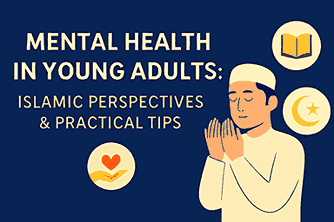
Introduction
Mental health has become one of the most important issues of our time. Young adults, especially students and early professionals, face unique pressures in today’s fast-changing world. Academic stress, financial worries, peer influence, and social media exposure often leave them vulnerable to anxiety, depression, and loneliness. While modern psychology highlights these challenges, Islam also provides timeless guidance for emotional well-being.
This article explores the Islamic perspective on mental health and offers practical, faith-based strategies to help young people build inner peace and resilience.
The Importance of Mental Health
Mental health is not just about avoiding illness; it is about living a balanced, peaceful, and productive life. The World Health Organization defines mental health as a state of well-being in which a person realizes their abilities, can cope with normal stresses, and contributes to society. For young adults, this balance often gets disturbed due to career uncertainty, relationship struggles, or social isolation.
In Islam, mental peace is directly linked with the remembrance of Allah. The Qur’an reminds us:
Surely in the rememberence of Allah do hearts find comfort. (Surah Ar-Ra’d 13:28)
This verse shows that true tranquility comes from spiritual connection.
Islamic Teachings on Emotional Well-being
Islam emphasizes both physical and emotional health. The Prophet Muhammad ﷺ encouraged moderation in all aspects of life—eating, sleeping, working, and worship. Excessive worry or despair is discouraged, while patience (sabr) and reliance on Allah (tawakkul) are highly valued.
-
Sabr (Patience): The Qur’an promises countless rewards for those who remain patient during hardships.
-
Tawakkul (Reliance on Allah): Placing trust in Allah reduces anxiety about the future.
-
Dhikr (Remembrance): Reciting SubhanAllah, Alhamdulillah, Allahu Akbar provides calmness and focus.
By practicing these principles, young people can develop resilience against life’s challenges.
Common Mental Health Challenges in Youth
-
Anxiety and Stress
The fear of failure in exams, interviews, or careers often creates intense stress. Constant comparison with others on social media adds fuel to anxiety. -
Depression and Hopelessness
Many young people feel isolated when they fail to meet societal expectations. Lack of emotional support deepens sadness and hopelessness. -
Addiction to Technology
Excessive use of mobile phones and social media distracts youth from real-life relationships and increases loneliness. -
Identity and Self-Esteem Issues
Struggling to balance modern lifestyles with cultural and religious values often leads to confusion and self-doubt.
Practical Tips for Young Adults
1. Strengthen Spiritual Connection
Daily prayers, Qur’an recitation, and dua provide a strong foundation for emotional stability. Even a few minutes of reflection after prayer can bring clarity and calmness.
2. Develop Healthy Lifestyle Habits
-
Sleep at least 7 hours daily.
-
Maintain a balanced diet rich in fruits, vegetables, and water.
-
Exercise or walk regularly, as physical health impacts mental health.
3. Limit Screen Time
Set boundaries for mobile use. Replace late-night scrolling with reading, journaling, or family conversations.
4. Build a Support System
Stay connected with family and trustworthy friends. Do not hesitate to share your struggles. Remember, seeking support is a sign of strength, not weakness.
5. Seek Professional Help When Needed
Islam encourages finding solutions. Consulting a psychologist, counselor, or doctor does not mean a lack of faith—it means taking responsible steps to heal.
How Parents and Communities Can Help
Parents should create an environment where children feel safe discussing their emotions. Communities and mosques can organize youth sessions on stress management and faith-based coping strategies. By reducing stigma around mental health, society can encourage early intervention and prevent long-term suffering.
Conclusion
Mental health is not a luxury—it is essential for a fulfilling life. Young adults today face unique pressures, but Islam provides powerful tools for resilience through patience, prayer, and trust in Allah. Combined with modern strategies such as healthy living, time management, and professional guidance, these principles can help youth achieve emotional balance.
Remember, every hardship is temporary. With faith, effort, and the right support, young people can turn struggles into opportunities for growth.
Tag
emotional well being in islam faith and mental health islam and depression islam and psychology islamic coping strategies islamic guidance for stress islamic perspective on anxiety islamic perspective on mental health islamic self care tips mental health awareness mental health in youth muslim youth mental health stress management in islam young adults mental health tips youth anxiety solutions Zeeshan Azhar

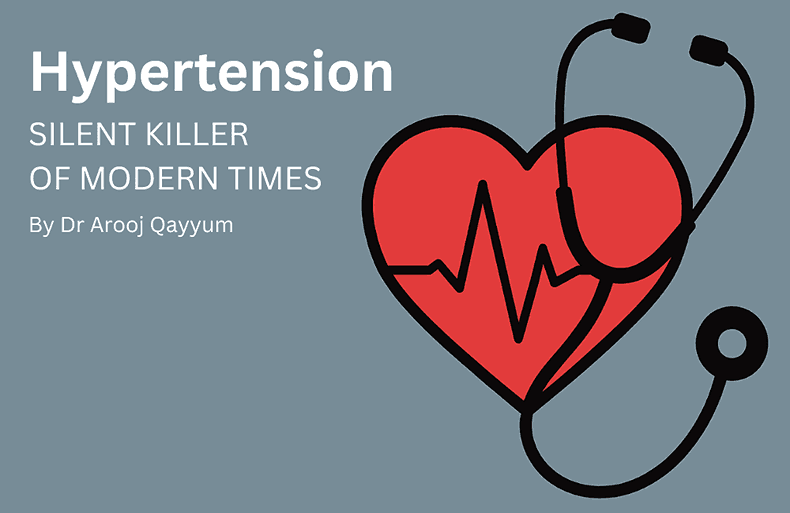



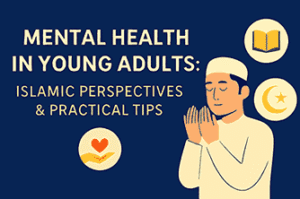

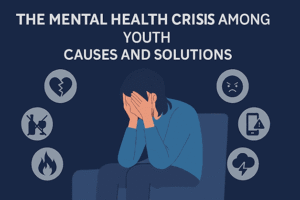




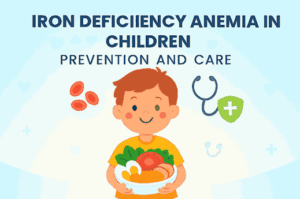
Post Comment